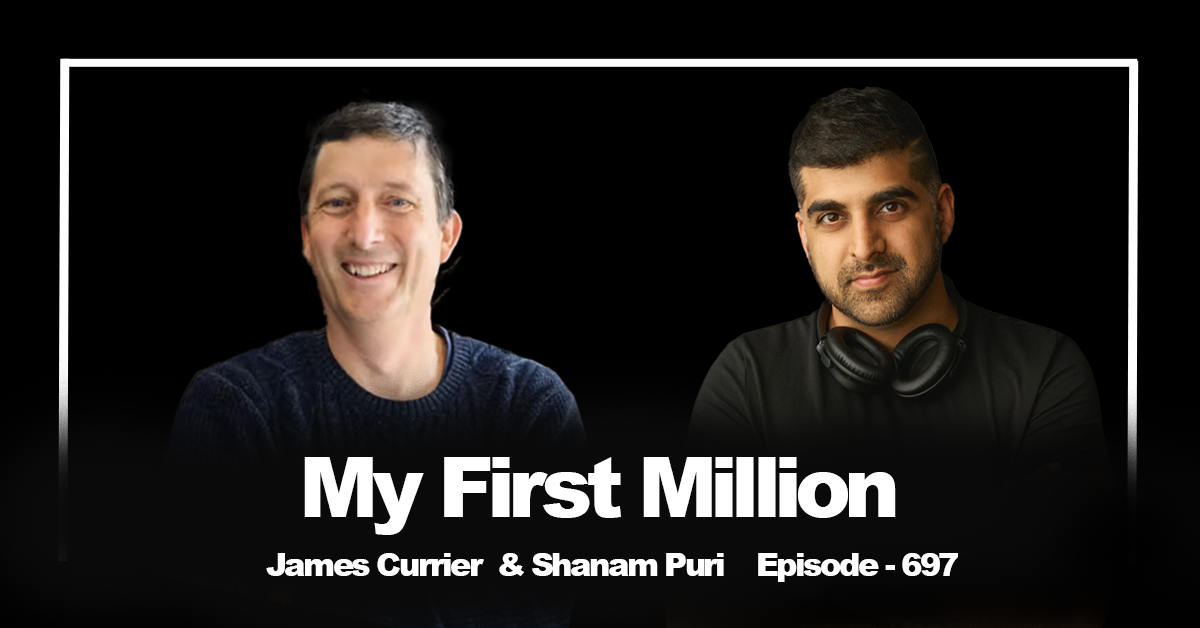In this episode of the Huberman Lab Podcast, Dr. Andrew Huberman sits down with Dr. Richard Schwartz, the founder of Internal Family Systems (IFS) Therapy, a unique and transformative approach to understanding and healing the mind. IFS is a therapeutic model that focuses on identifying and working with the different “parts” of ourselves that emerge in various situations, often leading to anxiety, resentment, or depression. The episode is both educational and experiential, as Dr. Schwartz guides Dr. Huberman and the listeners through a brief IFS session, offering a firsthand look at how this therapy works.
Key Takeaways from the Episode:
1. What is Internal Family Systems (IFS) Therapy?
- Core Idea: The mind is not a single, unified entity but is made up of multiple “parts” or subpersonalities. These parts are not pathological but are natural and serve protective roles.
- Parts of the Mind:
- Exiles: These are the vulnerable, often wounded parts of us that carry pain, shame, or trauma from past experiences. They are often “exiled” or pushed away because they are too painful to confront.
- Protectors: These parts try to protect the exiles by managing or controlling our behavior. They can take on roles like the “inner critic” or “caretaker.”
- Firefighters: These are reactive parts that act impulsively to distract or numb us when the exiles are triggered (e.g., through addiction, dissociation, or other impulsive behaviors).
- Goal of IFS: To help these parts unburden themselves from their protective roles and return to their natural, healthy states. This allows the individual to access their “Self”—a core, calm, and compassionate state that can lead and heal the internal system.
2. The Role of Trauma in IFS
- Trauma: Trauma occurs when vulnerable parts of us are hurt, and instead of being comforted, they are exiled or locked away. This leads to a cycle where protectors and firefighters take over, often in extreme ways, to keep the exiles from surfacing.
- Healing Trauma: IFS helps individuals reconnect with their exiled parts, unburden them from past traumas, and reintegrate them into the internal system. This process reduces the need for protectors and firefighters to act out in destructive ways.
3. The “Self” in IFS
- The Self: The Self is the core, undamaged essence of a person. It is characterized by the 8 C’s: Calm, Curiosity, Confidence, Compassion, Courage, Clarity, Creativity, and Connectedness.
- Self-Leadership: In IFS, the goal is to help individuals access their Self so they can lead their internal system with compassion and clarity, rather than being dominated by their protective parts.
4. Experiential Exercise: Working with Your Parts
Dr. Schwartz guides listeners through a brief IFS exercise to help them connect with one of their protective parts. Here’s a summary of the steps:
- Identify a Protector: Think of a part of yourself that often takes over in stressful situations (e.g., an inner critic, a workaholic part, or a caretaker).
- Locate It in Your Body: Focus on where you feel this part in your body. Is it in your chest, stomach, head, or elsewhere?
- Feel Toward the Part: Notice how you feel about this part. Do you dislike it, fear it, or depend on it? Ask other parts to step back so you can approach it with curiosity.
- Ask the Part Questions:
- What does it want you to know about itself?
- What is it afraid would happen if it didn’t do its job?
- How old does it think you are? (Often, protectors think you’re much younger than you are.)
- What does it need from you going forward?
- Express Appreciation: Thank the part for its efforts to protect you, even if its methods are not always helpful.
5. Applications of IFS
- Personal Growth: IFS can help individuals work through challenging emotions, improve relationships, and increase self-compassion.
- Couples Therapy: IFS is used in couples therapy to help partners understand their own parts and how they interact with each other’s parts, leading to healthier communication and conflict resolution.
- Addiction and Mental Health: IFS offers a compassionate approach to addiction, depression, and other mental health challenges by addressing the underlying parts that drive these behaviors.
- Cultural and Political Healing: Dr. Schwartz envisions using IFS to address large-scale conflicts by helping groups unburden themselves from “legacy burdens”—traumas and beliefs passed down through generations.
6. IFS and Psychedelics
- Combining IFS with Psychedelics: Dr. Schwartz discusses how IFS is increasingly being used in conjunction with psychedelics like ketamine. Psychedelics can temporarily quiet the protective parts of the mind, allowing individuals to access their Self and exiled parts more easily. This can accelerate the healing process.
- Caution with Psychedelics: While psychedelics can be powerful tools, they should be used with proper guidance and in a safe, therapeutic setting.
7. The Importance of Self-Work
- Daily Practice: IFS is not just a therapy but a life practice. Dr. Schwartz recommends checking in with your parts daily, asking them what they need, and fostering a relationship with them.
- Self-Leadership: By accessing your Self, you can lead your internal system with compassion and clarity, reducing the need for protectors to take over.
Important Notes for Listeners:
- IFS is Accessible: You don’t need to be in therapy to start working with your parts. Dr. Schwartz has created workbooks and resources for people to explore IFS on their own.
- No Bad Parts: A core tenet of IFS is that there are no “bad” parts. Even the parts that seem destructive are trying to protect you in some way. The goal is to understand and heal them, not to eliminate them.
- Trauma is Ubiquitous: Most people have experienced some form of trauma, and IFS offers a way to heal these wounds without retraumatizing yourself.
- Self-Compassion: IFS emphasizes self-compassion and curiosity. By approaching your parts with kindness, you can transform your relationship with yourself and others.
Actionable Steps for Listeners:
- Try the IFS Exercise: Follow the steps outlined above to connect with one of your protective parts. Journal about your experience and what you learned.
- Daily Check-Ins: Spend a few minutes each day checking in with your parts. Ask them how they’re feeling and what they need from you.
- Explore IFS Resources: Consider reading Dr. Schwartz’s books or workbooks to deepen your understanding of IFS.
- Seek Therapy: If you’re struggling with deep-seated trauma or mental health challenges, consider working with an IFS-trained therapist.
Final Thoughts:
This episode offers a profound look into the power of Internal Family Systems Therapy. By understanding and healing the different parts of ourselves, we can achieve greater self-compassion, improve our relationships, and lead more fulfilling lives. Dr. Schwartz’s work is not just a therapeutic model but a pathway to personal and collective healing.
Links and Resources:
- Books by Dr. Richard Schwartz:
- No Bad Parts: Healing Trauma and Restoring Wholeness with the Internal Family Systems Model
- You Are the One You’ve Been Waiting For: Bringing Courageous Love to Intimate Relationships
- IFS Institute: https://ifs-institute.com
- Huberman Lab Podcast: https://hubermanlab.com





